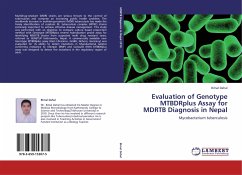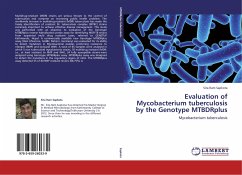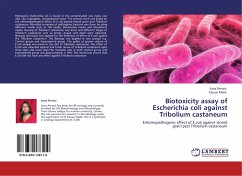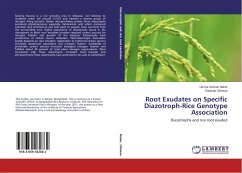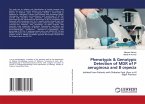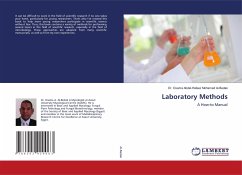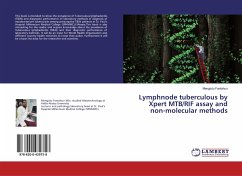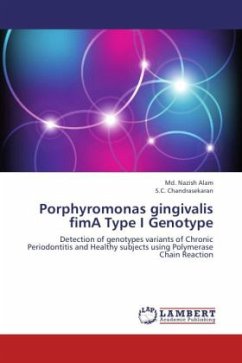Multidrug-resistant (MDR) strains are serious threats to the control of tuberculosis and comprise an increasing public health problem. The worldwide increase in multidrug-resistant (MDR) tuberculosis has made the timely identification of resistant M. tuberculosis complex (MTBC) strains extremely important to achieve effective disease management. This study was performed with an objective to compare culture based proportion method with Genotype MTBDRplus reverse hybridization probe assay for identifying MDR-TB strains from suspected multi drug resistant cases, referred to GENETUP Kathmandu, Nepal. A commercially available new Genotype MTBDRplus assay (Hain Lifescince, GmBH, Nehern, Germany) was evaluated for its ability to detect mutations in Mycobacterial isolates conferring resistance to rifampin (RMP) and isoniazid (INH). MTBDRplus assay was designed to detect the mutations in the regulatory region of inhA.
Bitte wählen Sie Ihr Anliegen aus.
Rechnungen
Retourenschein anfordern
Bestellstatus
Storno

